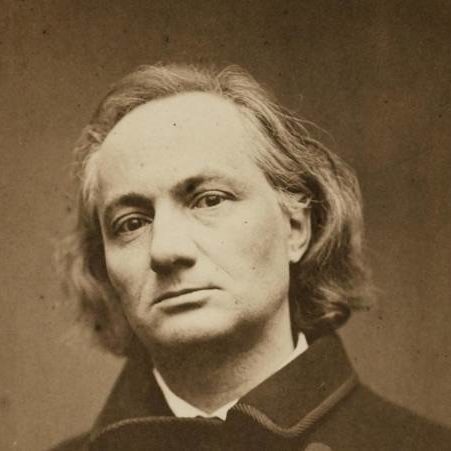
Brilliant by his lucidity, his critical intelligence and his sense of beauty, Charles Baudelaire (1821-1867) was in the 19th century the precursor of poetic modernity. In prey to spleen, tormented by misery and illness, the writer never ceased to face sentimental disappointments, the incomprehension of his family and the persecution of his creditors. Seeking comfort from his mother—an ambivalent presence, both harsh and generous—or the understanding of his guardian, Baudelaire expressed his anger at seeing his vocation as an artist and writer hampered by difficulties, the horror of dishonor, constant terror, without ever giving up his dignity. Summoned by duty—paying his debts, conquering fame, righting wrongs—, the poet found his salvation in work, dreaming of finding the energy and time necessary to accomplish his work.
